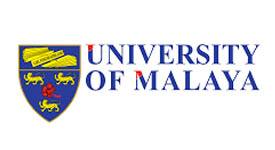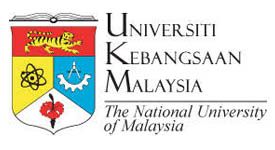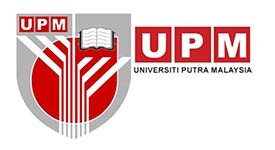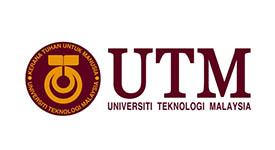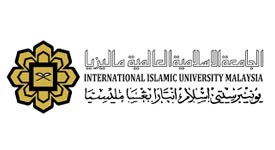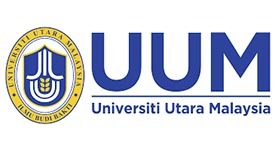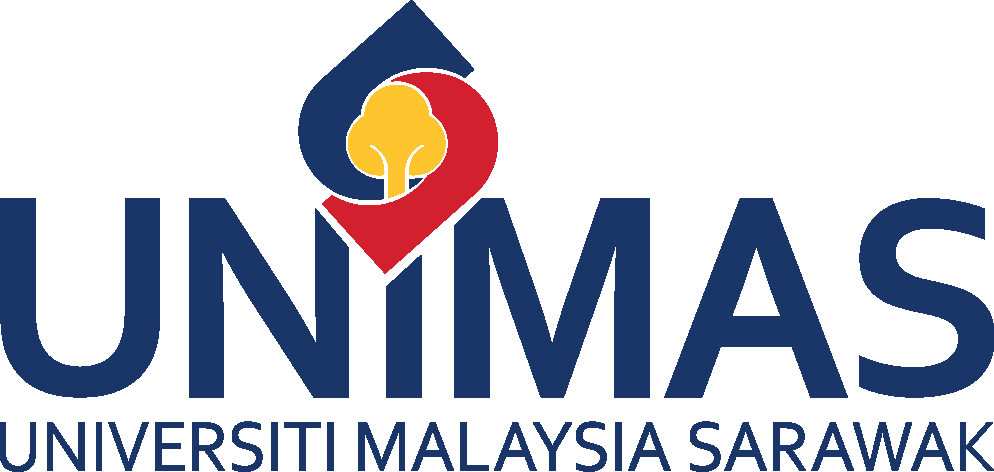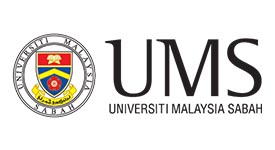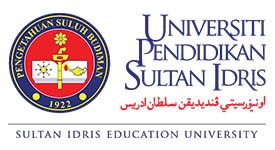Courses of MSc Safety and Risk Management in Heriot-Watt University Malaysia
Malaysia
The MSc/Postgraduate Diploma in Safety, Risk and Reliability Engineering, led by Professor Guy Walker, is only available by attendance-free distance learning.
The programme comprises eight taught courses. Heriot-Watt Online students must first take exams in two courses of the programme, Human Factors Methods and Learning from Disasters. Based on the results from these courses students continue on the programme at MSc or at PG Diploma level.
All courses have written examinations and some have compulsory coursework elements. MSc students are also required to complete a Masters dissertation.
| Semester 1 |
Semester 2 |
Semester 3 |
| Human Factors Methods* |
Human Factors Methods* |
Human Factors Methods* |
| Learning from Disasters* |
Learning from Disasters* |
Learning from Disasters* |
| Data Analysis and Simulation |
Environmental Impact Assessment |
Data Analysis and Simulation |
| Risk Assessment and Safety Management |
Fire Safety, Explosions and Process Safety |
Risk Assessment and Safety Management |
| Systems Reliability |
Safety, Risk and Reliability |
Safety, Risk and Reliability |
| |
|
Systems Reliability |
*Human Factors Methods and Learning from Disasters are the online entry courses for this Programme. Online students must successfully complete these two courses before continuing with the remaining six taught courses.
Course descriptions
Please find below the course descriptions. For more information on courses, please contact the Programme Leader.
Risk Assessment and Safety Management
Semester 1 (mandatory)
This courses aims to give students an appreciation of risk from individual and societal perspectives as well as understanding the basic principles of risk assessment and modelling and how safety management works in practice. Subjects include:
The concept and perceptions of hazards and risk. Risk attitudes and impact on decision-making; Interpretations of probability; Quantitative and qualitative aspects of risk; Modelling of decision making under conditions of risk; Inherent Safety; HAZOP; Safety management systems such as BS EN ISO 18000 series and other standards; Application of Safety Management Systems to failed systems and as a preventative tool.
Systems Reliability
Semester 1 (mandatory)
Gives an understanding of the qualitative and quantitative techniques that are used in the reliability, availability and maintainability analysis of all types of engineering systems. The syllabus is:
Basic concepts of reliability, availability and maintainability; Failure rates, failure modes, and reliability data; Reliability of systems by reliability block diagram analysis of series and parallel systems; Reliability Centred Maintenance, including replacement strategy, and inspection of standby systems; Markov modelling of system failures; Probabilistic safety analysis, based on Failure Modes Effects and Criticality Analysis, Event trees and Fault trees.
Learning from Disasters
Semester 1 or 2 or 3 (mandatory)
Gives students an in depth understanding of some of the classic disasters and their consequences by using a range of practical accident investigation techniques. Students will learn to analyse complex histories in order to find the underlying root cause. Topics covered:
Accident models; Root cause and accident analysis techniques concentrating on events and causal factors analysis, barrier analysis, change analysis and the management oversight and risk tree; Review a number of famous disasters including Piper Alpha, Herald of Free Enterprise, Bhopal, Clapham Junction etc.; Identify lessons learned from these disasters; Review some of the major safety lessons from historical disasters; Analyse a real disaster in detail using a number of practical techniques
Safety, Risk and Reliability
Semester 2 or 3 (mandatory)
This course aims to provide the students with an appreciation and understanding of the basic principles of structural reliability theory. It provides an introduction to concepts of structural safety and risk, as well as probability theory and probability distributions.
Specific topics covered in the course syllabus include: Probabilistic modelling of strength and loads; first order second moment and first order reliability methods; reliability-based code calibration; Monte-Carlo simulation and variance reduction techniques; Introduction to causes of structural deterioration (corrosion, fatigue and fracture); risk based inspection strategies using Bayesian methods.
Fire Safety, Explosions and Process Safety
Semester 2 (mandatory)
Introduces students to the basic principles of fire safety science and engineering, and develops skills in associated modelling leading to an understanding of principal fire/explosion related issues in process safety. Subjects include:
Objectives of fire safety science and engineering; Fire chemistry: stoichiometric burning, ignition, flammability limits; Mechanisms of heat transfer; The burning process; flashpoint, firepoint, flame spread; Fires in enclosures; computer-based models of fire development. Flashover & backdraught; Life threat, human behaviour, evacuation; Fire severity & fire resistance. Probabilistic modelling; Explosions: deflagrations, detonations, fire-balls; Fire related aspects of process safety. Piper Alpha disaster.
Data Analysis and Simulation
Semester 1 (mandatory)
This course develops knowledge of statistical data analysis and its application in engineering and science and introduces the concepts of using simulation techniques for analysis of complex systems. It also teaches linear optimisation techniques and the ability to apply them to solve simple problems.
Topics covered: Introduction to statistics; Basics of probability theory; Probability distributions; Sampling and confidence intervals; Hypothesis testing; Data correlation and regression analysis; Random number generation; Simulation and modelling; Elements of queuing theory; Introduction to optimisation techniques.
Human Factors Methods
Semester 1 or 2 or 3 (mandatory)
This course will equip students from academic and/or industrial backgrounds with knowledge on, and the means to deploy, a wide range of specialist human factors techniques. The emphasis is on method selection, application, combination and integration within existing business practices. Students will develop a critical awareness of what methods exist, how to apply them in practice and their principle benefits and limitations.
The syllabus includes: Introduction to human factors problems and human factors methods; Task analysis; Cognitive task analysis; Human error identification; Situation awareness assessment; Mental workload assessment; Team assessment; Interface analysis; Design methods; Performance time prediction; Method integration; Human factors integration.
Environmental Impact Assessment
Semester 2 (mandatory)
Provides students with the knowledge and understanding of the principles and processes of the Environmental Impact Assessment. By the end of the course, the student should be familiar with the European EIA legislation and its translation into the Scottish planning system, and be able to demonstrate an understanding of the EIA process, the tools and the agents involved in an EIA and the possible problems with using EIA as a decision making tool. . It is also intended that the student will be able to appreciate the purpose of the EIA process from a number of perspectives; that of a developer, an EIA practitioner and a policy maker.
Topics include: Introduction to EIA; European EIA Legislation; Screening and Scoping; Baseline Studies, Analysis and Prediction of Impact; Consultation, Review and Monitoring; Beyond EIA: Strategic and Social Impact Assessment
Dissertation
MSc students are also required to complete an individual project (dissertation). This course has a stronger engineering bias and you should only attempt this if you have done some University level mathematics or equivalent. Otherwise the Safety and Risk Management course might be more appropriate.
For the project component of the course distance learners are likely to develop something based in their country of residence with advice and supervision from staff in the School. This may well include work with a local company or may involve independent study. Individual arrangements will be set up with each student.



